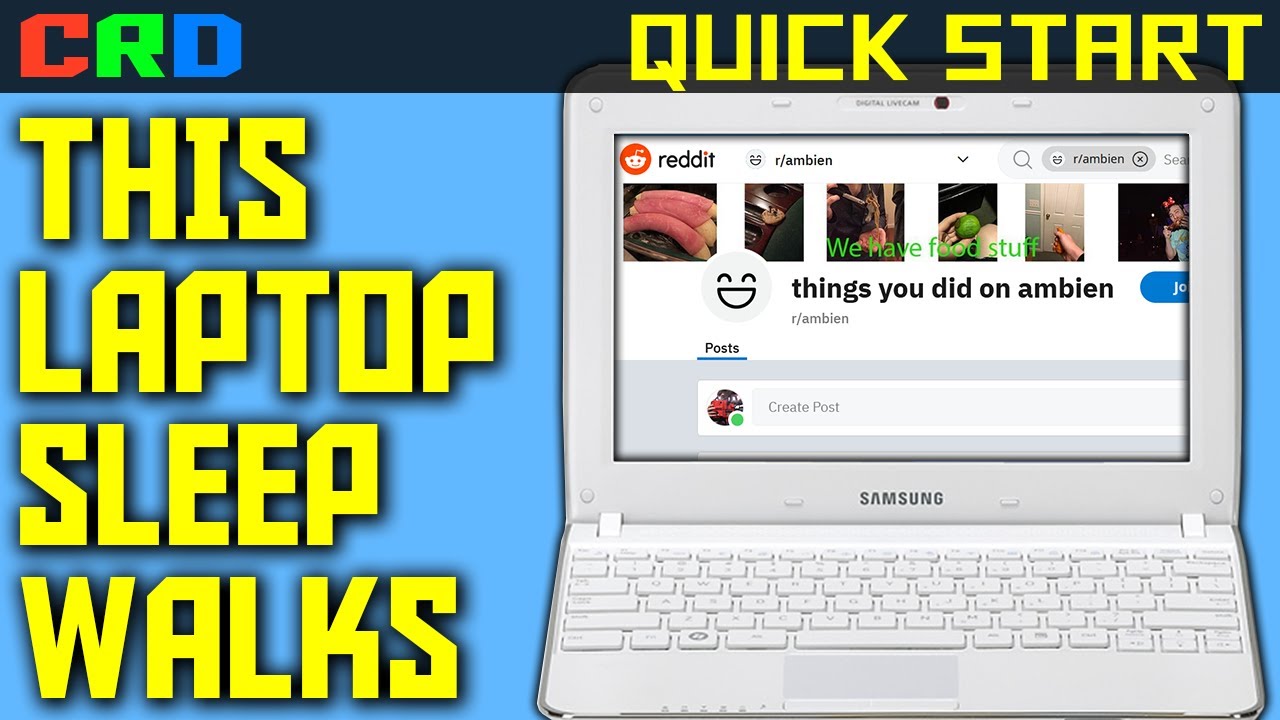

Oh yeah, I briefly tried Prosody/XMPP (before a domain scalper stole a previous domain of mine because of a loophole with the TLD i chose) and it worked really well.
It’s a shame Matrix seems to be the current hot new thing when, with a bit of UX polish on all the apps, XMPP would work just as well if not even better.





Snikket (which is run by a Prosody dev) is aiming to be the “one app” of XMPP. Their Android version is, IIRC, rebranded Conversations. Not sure on iOS/macOS but I think they have something there as well. And of course their server software is Prosody with a few extra plugins configured by default. All FOSS